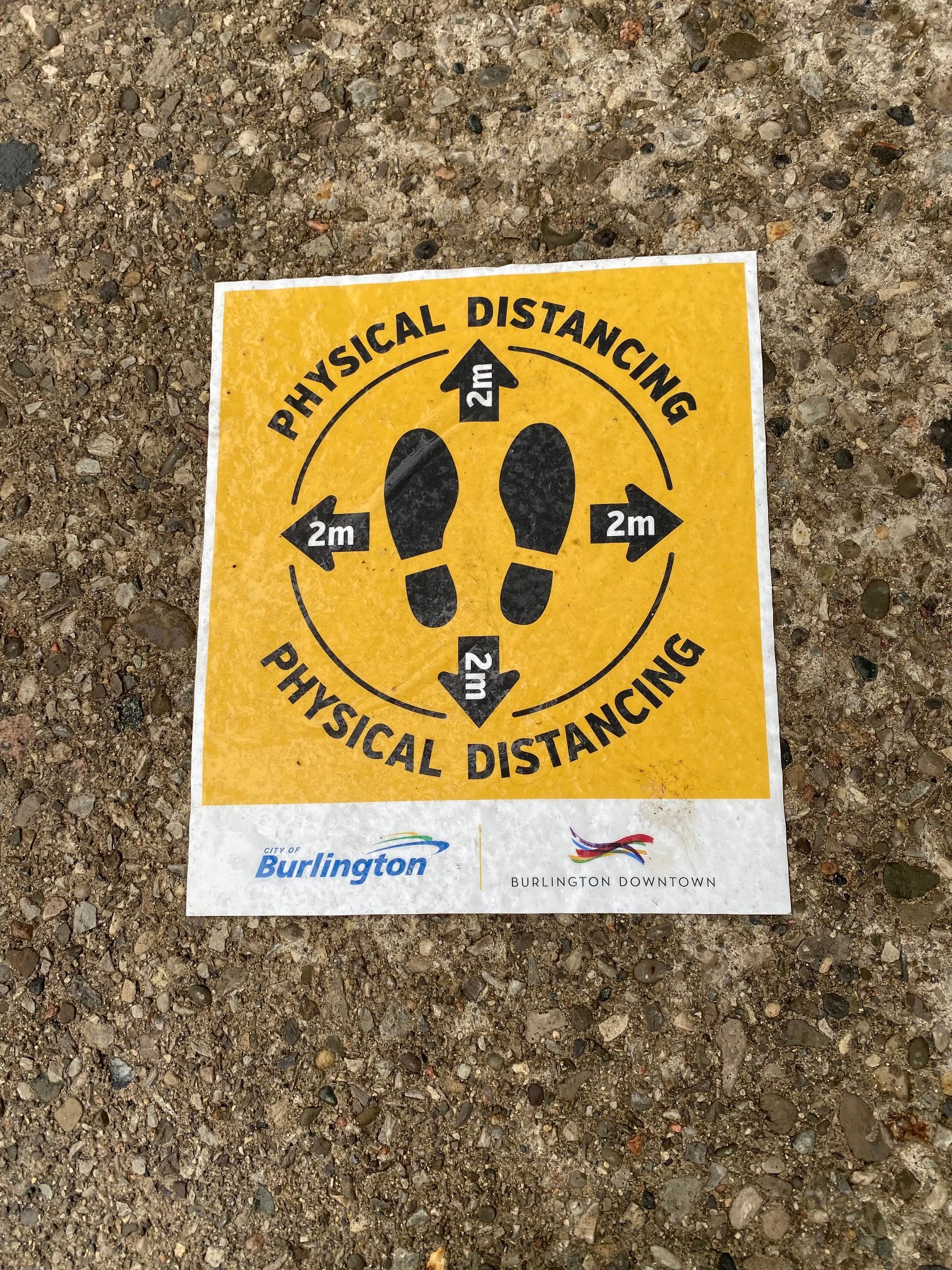By Jack Brittle, Local Journalism Initiative Reporter
On Nov. 14, the Halton Catholic District School Board (HCDSB) held their monthly policy meeting, held on the second Tuesday of every month from September to June. Topics ranged from concerns about language regarding the board’s policy supporting underrepresented groups to the director’s role in approving certain volunteers.
During these meetings, board trustees can raise amendments to a particular piece of policy that has already been voted on to be discussed to go over during the meeting. This voting process occurs during the previous meeting.
Amendments can range from changing the wording of a sentence to removing a sentence or an entire paragraph whole-cloth.
The meetings are recorded and can be viewed on the HCDSB YouTube channel a day or two after the meeting is held.
The first amendment was proposed by Marvin Duarte, the chair of the board and Milton trustee for Wards 1 and 4. Duarte proposed a change to the frequency of Vulnerable Sector Checks (VSC) that parents have to complete to be a volunteer at an HCDSB school to every five years, instead of three.
“Based on our feedback, we do not want to deter our parents from volunteering, we like to encourage our parents. The cost of the VSC is $30 every time,” Duarte said.
Duarte read feedback from a parent explaining that if a parent kept their student in the HCDSB from junior kindergarten to grade 12, they would have to complete a VSC five times throughout this duration if the number was kept at every three years.
Duarte suggested this change earlier to no avail, but since receiving this feedback, he saw fit to raise the amendment a second time.
Robert Kennedy, the Oakville trustee for Wards 1, 2, and 4, suggested the number be changed from every three years to every four years instead, which would mean a parent would only have to do it twice while their child is in elementary school and once in high school.
“A lot of the other boards, like Toronto and York do three years,” Kennedy said.
This motion ended up being passed instead of Duarte’s original amendment.
Trustee Duarte also proposed the next amendment that was discussed. The amendment was to remove the provision that allowed the director of the board the opportunity to assess VSC applicants who have an offence listed without an official pardon for it and possibly give them an exception to allow them to volunteer.
Removing this provision would mean that any VSC applicant with an offence not excused by an official pardon would automatically be disqualified from volunteering for the HCDSB.
Janet O’Hearn-Czarnota, the Halton Hills trustee, was the lone opposer of removing this provision. “The director has a lot of resources at his hands to be able to check to make sure he’s making the right decision,” she said. “We trust them with our 38,000 children so I don’t see why we can’t trust the director, whoever that may be at the time, with this decision.”
This amendment to remove the provision passed.
Emma Murphy, the trustee for Milton Wards 2 and 3, proposed an amendment to remove the line, “While qualification and experience will be determining factors, HCDSB will promote the hiring of staff from under-represented groups.
Murphy explained her reason for wanting to remove this section. “I think that there’s multiple ways to remove barriers and decrease bias in hiring and I think that the first one really only speaks to selectively including certain groups of individuals, whereas my proposed amendment speaks to removing discrimination at all stages, and for everyone, so I think it’s a bit more robust,” Murphy said.
Many members, including Kennedy and Kirsten Kelly, trustee for Burlington Wards 1 and 2, and thought the wording was more descriptive and less ambiguous without removing the line that Murphy wanted out.
Trustee Kennedy brought up the fact that “81% of teachers, specifically, are women, and 19% are men,” he said. “So, is that something that would be an example of something you’re looking to promote or change? If our students are roughly 50/50 is that something we’re looking to modify?”
Colleen Oldman, the chief human resources officer, responded to the question. “Traditionally, women have been considered through the code typically an underrepresented group within the workforce…and still remain a protected group,” Oldman said.
Murphy said that another reason for her proposal to remove this line was the fact that by not specifying that the board would champion underrepresented groups only throughout the hiring process, it would infer that retaining marginalized employees once they’ve been hired is also a priority.
Prompted by a question from Trish Powell, the trustee for Burlington Wards 3 and 6, Murphy explained that her concern with the line in question came down to the word “promote.”
“If we are going to be anti-discriminatory in our hiring practices at all stages, then which groups are we promoting?” Murphy questioned. “Are we going to be clear on that, is that going to be somewhere written that people can refer to? …That’s what I do have an issue with that because it’s unclear which groups exactly are being promoted.”
“For example, if someone…who’s hard of hearing comes to apply, are we going to remove barriers at every single point? That’s what I’m trying to get out here, rather than creating a system where we are actually discriminating based on something, which I don’t know what that is, through this,” she continued.
Murphy also raised the concern of hiring men over women because they are technically underrepresented in the board and said that the use of the word “promote” and the phrase “anti-discriminatory” seemed contradictory.
Oldman responded by clarifying that their diversity goals are based on historically marginalized groups and are not necessarily specific to the profession.
“The Workforce Census data tells us that 87% of our staff are white women, 11% are racialized,” she said. “That’s a gap when we have nearly 34 to 55% of our students who are racialized. That is some of the work we need to do.”
Trustee Kelly mentioned that students have also felt a gap in representation when it comes to their educators.
“The Student Census and Student Senate have mentioned it, student trustees currently have mentioned it, that they did not see themselves commonly represented among staff, which Superintendent Oldman very thoroughly described, especially those who are racialized or queer. So, it’s really important that we uplift those kinds of voices,” Kelly said.
Murphy asked Oldman if there is any specific numerical goal that the board is trying to reach with its diversity policies and if the problem might be more systemic, in that marginalized or underrepresented communities simply aren’t applying in the first place to work for HCDSB.
Oldman clarified that there is no specific number they have in mind for reaching a diversity threshold.
Trustee Kennedy raised the point that HCDSB might be at an inherent disadvantage compared to the public board when it comes to hiring a more diverse staff because of the fact they can only hire Catholic teachers, whereas students attending HCDSB schools do not have to be Catholic, possibly creating a disparity.
Oldman responded by saying that Catholicism is actually more diverse than some people think. “I think we can’t presuppose that Catholics don’t come from all races either,” Oldman said.
“Our proposition wouldn’t be that isn’t possible and that our denominational rights serve as a barrier to us. It’s a requirement, it’s constitutionally protected, we uphold that through our practices of hiring but I think [we] just can’t presuppose that Catholicity isn’t represented [in] all races and I think that’s actually illustrated that it actually very much is,” she continued.
Ultimately, the amendment to remove the line failed.
The next HCDSB policy meeting will be held on Dec. 12 at 7:00 p.m.



